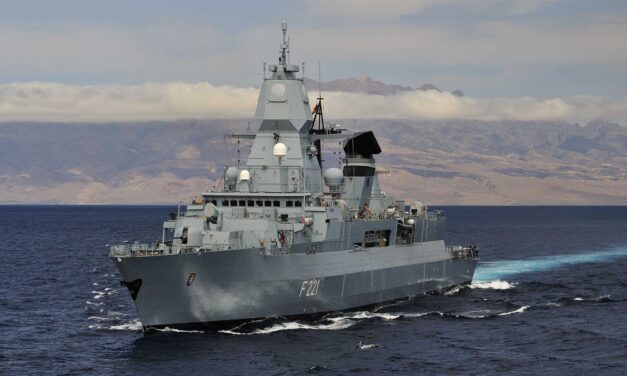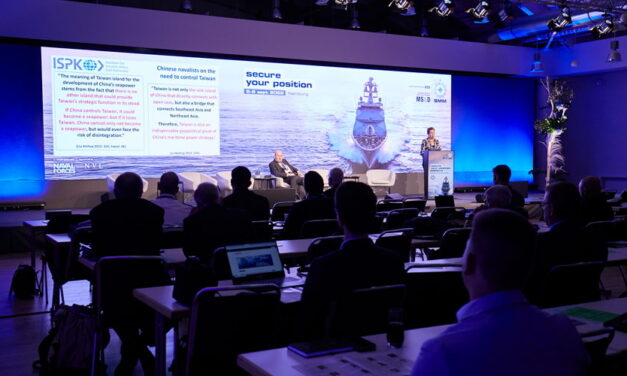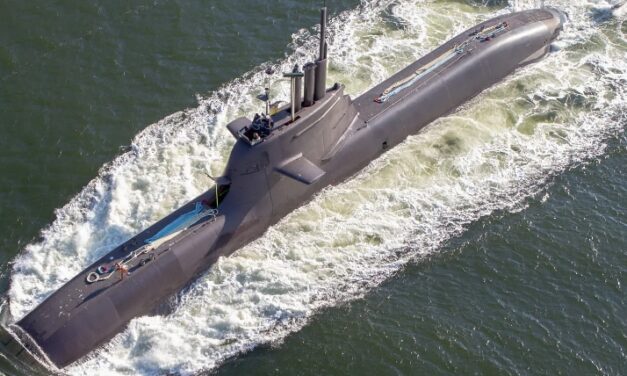Link-22 for F124 - "Course Marine 2025"
A BAAINBw tender, which expired on 23 June, provides for all three Sachsen-class frigates to be equipped with external gateways by 2026. The aim is to integrate the NATO data link Link 22 and the Joint Range Extension Applications Protocol C, which stands for long-range satellite-based communication, as an interim solution. This measure is part of a more comprehensive modernisation concept for the navy until the F127 enters service - and is exemplary of the "Marine 2025 course" approach. According to the tender, a Ship-Shore-Ship Buffer on Ship (SSSB) is to be installed on each of the three F124 class frigates by August 2026 so that the units can...
Weiterlesen





Latest comments